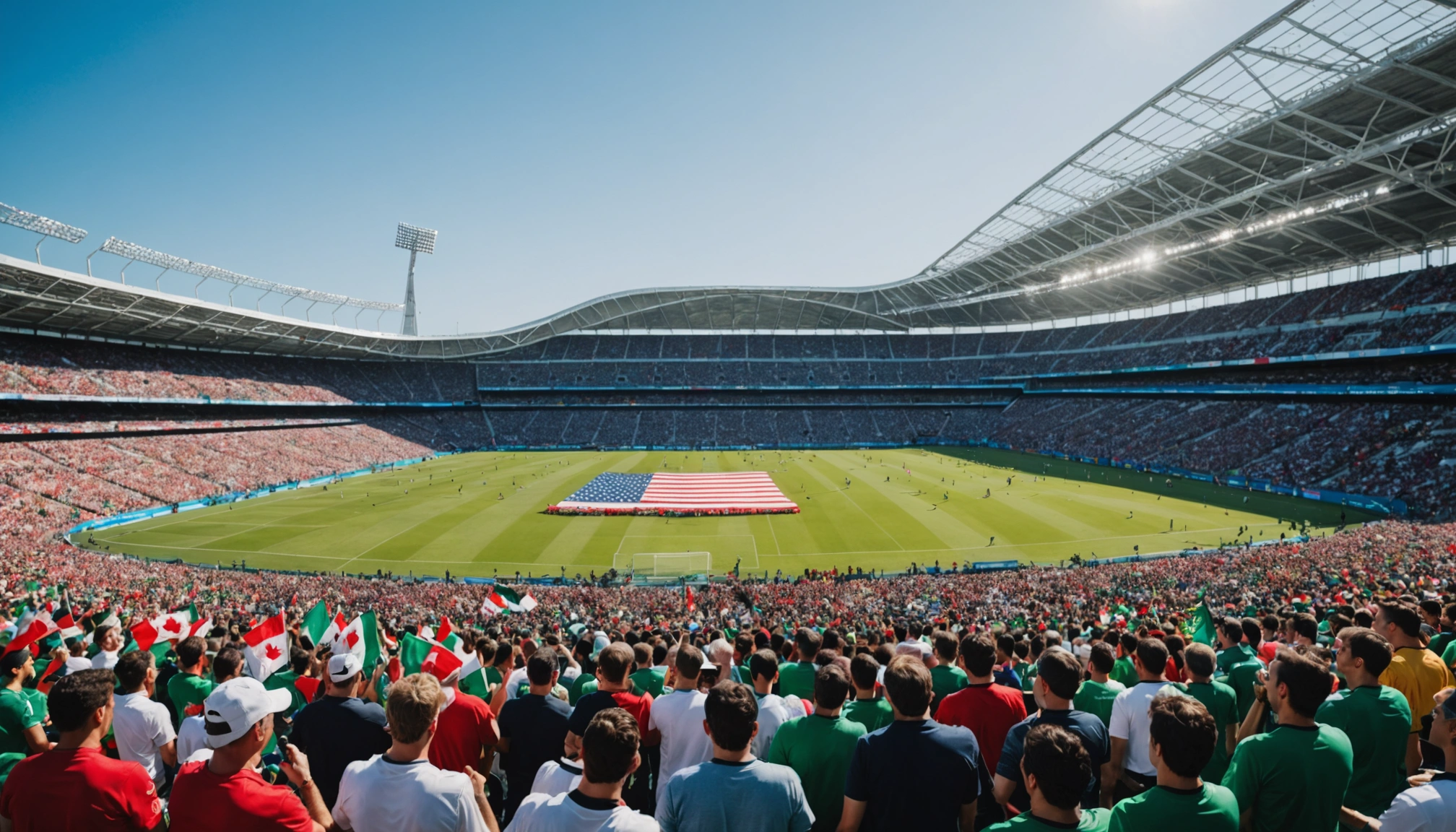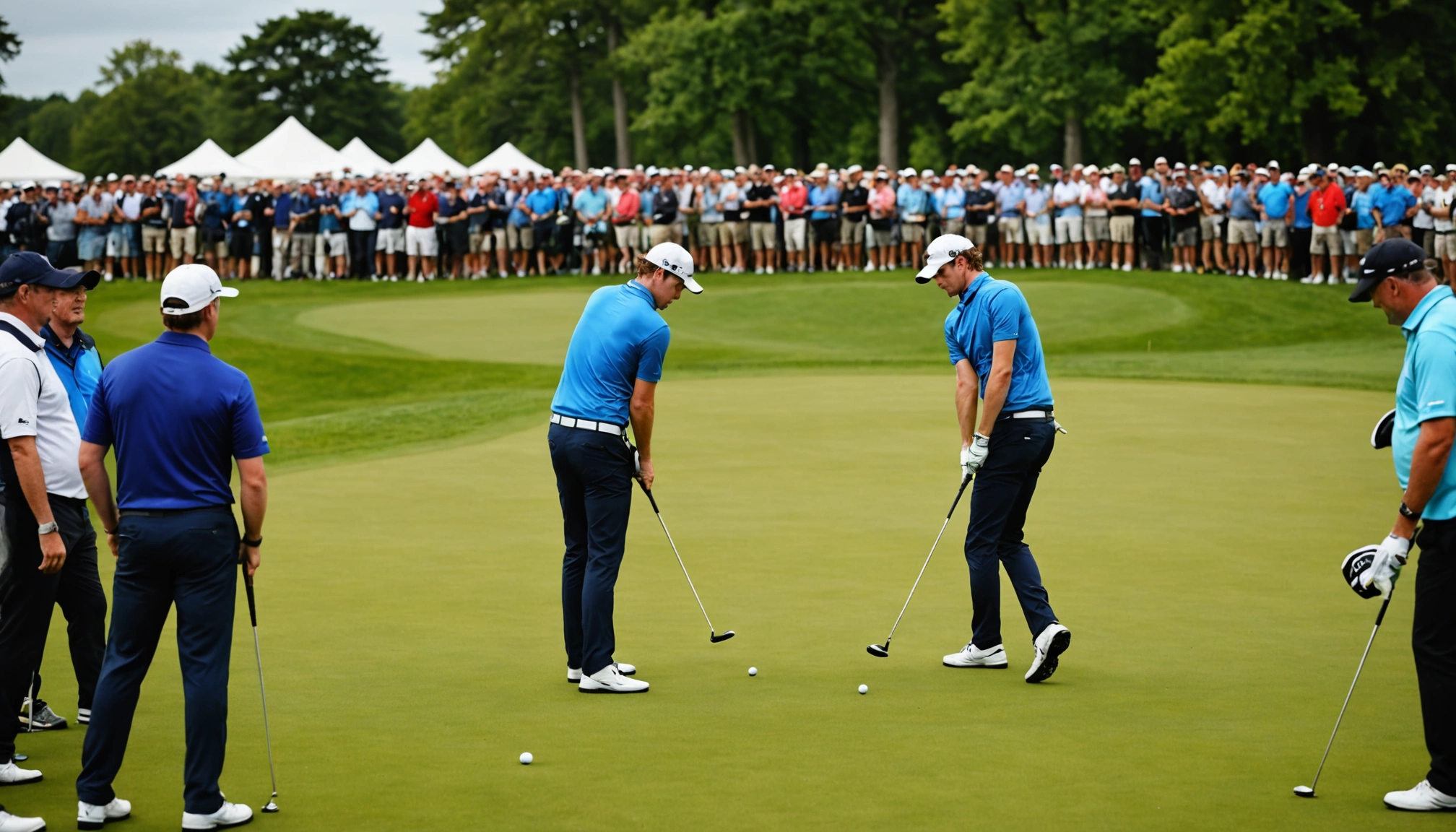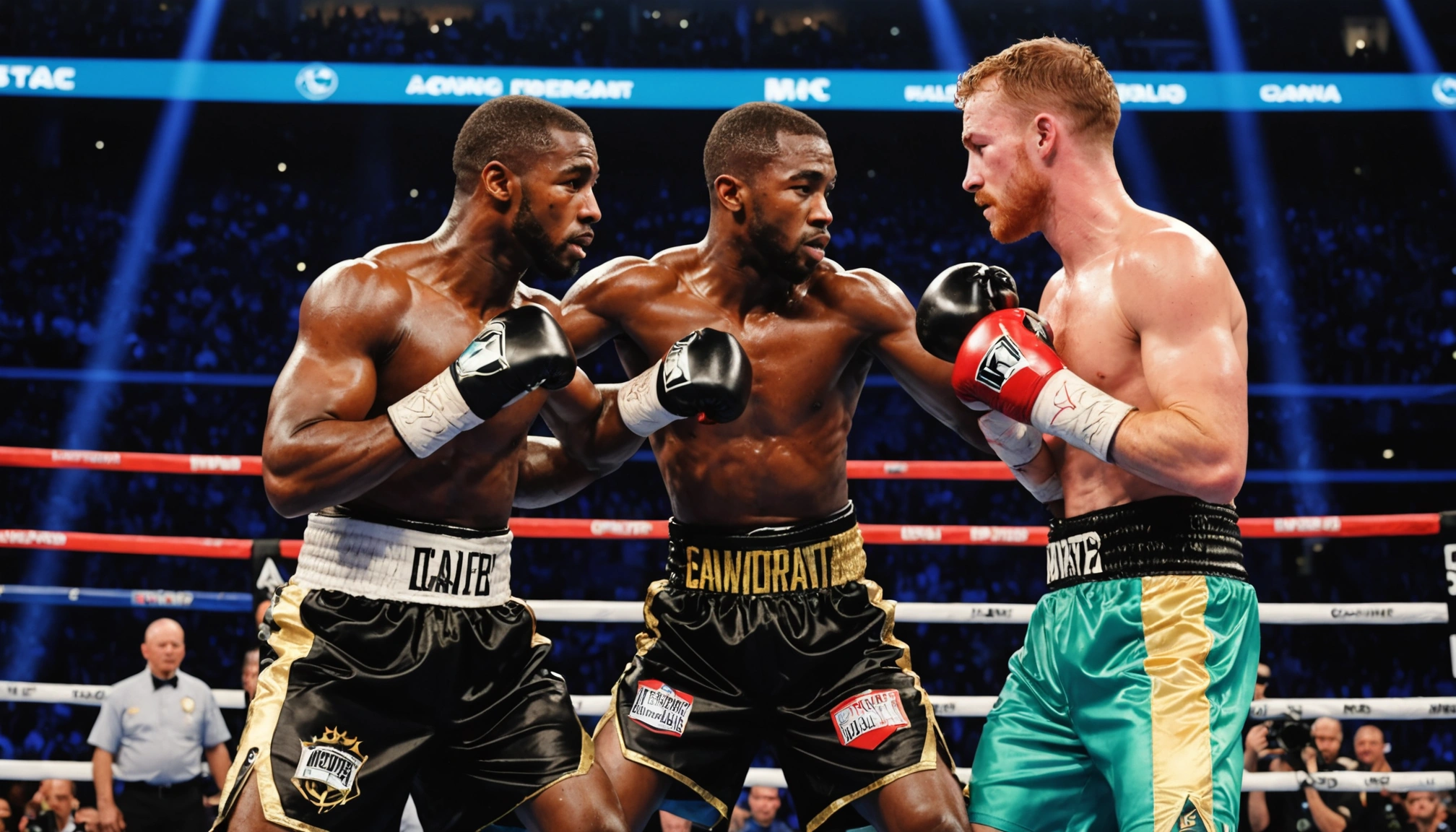How Tariff Tensions Could Add Drama To The 2026 World Cup
Discover how US-Mexico-Canada tariff tensions might unexpectedly spice up the 2026 World Cup, with insights on host cities and tournament planning.

By Editorial
Introduction To The 2026 World Cup And Tariff Tensions
The 2026 FIFA World Cup, jointly hosted by the United States, Canada, and Mexico, promises to be one of the most ambitious tournaments in football history. However, political and economic tensions, particularly around tariffs imposed by the US on its neighbours, have added an unexpected layer of intrigue. US President Donald Trump has openly suggested that these tensions could make the World Cup "more exciting." But what does this mean for fans, players, and organisers?
Understanding The Tariff Dispute Between The US, Canada, And Mexico
In early 2025, the US administration moved forward with imposing 25% tariffs on goods imported from Canada and Mexico. These tariffs, essentially taxes on imports, were part of a broader strategy to renegotiate trade balances but quickly caused friction between the three nations. Although some exemptions were later introduced—such as sparing carmakers from certain levies—the dispute has remained a focal point of international discussion.
Impact On The World Cup Organisation
Given that these three countries are co-hosting the tournament, the tariff tensions could complicate logistics, supply chains, and even fan experiences. However, Trump and FIFA president Gianni Infantino have emphasised cooperation, with Trump chairing a task force dedicated to coordinating federal agencies for the event. This task force aims to ensure smooth preparations despite political challenges.
Host Cities And Venues Highlight The Tournament's Scale
Eleven US cities will host matches, alongside Toronto and Vancouver in Canada, and Guadalajara, Mexico City, and Monterrey in Mexico. The iconic Azteca Stadium in Mexico City will host the opening match on 11 June 2026, while the final will be staged at MetLife Stadium in New Jersey on 19 July. This expansive geographical spread is unprecedented and showcases the collaborative spirit behind the tournament, even amid trade disputes.
Why The World Cup's Expansion Matters
The 2026 World Cup will feature 48 teams, up from 32 in previous tournaments. This expansion means more matches, more fans, and more opportunities for nations to shine on the global stage. The increased scale also means higher logistical demands, making coordination across borders essential—especially when political relations are strained.
How Political Tensions Could Influence The Fan Experience
While political and economic issues may seem distant from the pitch, they can impact the atmosphere and fan engagement. Travel disruptions, visa complications, or even heightened nationalistic sentiments could influence how supporters experience the tournament. Yet, some argue that such tensions could fuel rivalries and bring an added edge to matches involving the three host countries.
Examples From Past Sporting Events
Historically, sports have often reflected wider political climates. For instance, the 1980 and 1984 Olympic boycotts were directly linked to Cold War tensions. In football, matches between politically strained nations frequently see intense atmospheres, both on and off the field. The 2026 World Cup could similarly witness heightened excitement due to these underlying dynamics.
Economic Implications For Host Nations
Tariffs and trade disputes can affect the costs associated with hosting such a large event. Equipment imports, infrastructure projects, and merchandise sales might all feel the impact of taxation and regulatory barriers. However, the World Cup’s potential economic benefits—including tourism, global exposure, and job creation—remain significant motivators for all three countries.
Balancing Costs And Opportunities
While tariffs could increase operational costs, the tournament also offers a platform to showcase each nation’s culture and sporting passion. For example, the US will also host the 2025 Club World Cup, signalling its commitment to football’s growth domestically. Such events help build momentum and may offset some economic challenges posed by trade tensions.
The Role Of Leadership And Collaboration
Trump’s role as chair of the World Cup task force highlights the importance of leadership in navigating these complexities. Working alongside FIFA and federal agencies, the task force is focused on ensuring the tournament runs smoothly. This collaboration will be critical in overcoming challenges posed by tariffs and political disagreements.
Looking Ahead: Lessons For Future Multi-Nation Events
The 2026 World Cup could serve as a case study for how major international events manage geopolitical tensions. Effective coordination, clear communication, and contingency planning will be essential. Sports fans and organisers alike will be watching closely to see if the tournament delivers on its promise despite the backdrop of economic disputes.
Conclusion: Will Tariffs Really Make The World Cup More Exciting?
Donald Trump’s assertion that tariff tensions will add excitement to the World Cup is an unconventional take on how politics intersects with sport. While the tensions might create challenges, they could also enhance rivalries and fan engagement. Ultimately, the success of the 2026 World Cup will depend on the ability of the three host nations to work together and deliver a memorable tournament.
For fans interested in broader football narratives, Sportsscoop.co.uk offers in-depth coverage, such as the Isak and Wissa transfer saga that highlights evolving dynamics in football. Similarly, stories like Josh Allen’s remarkable comebacks showcase the drama sports can offer beyond the pitch.
Related topics
Editorial
Sports expert at SportsScoop
Specialist in sports analysis and journalism
Related articles
Want to read more?
Explore our comprehensive collection of sports articles and analysis, or contact us for more information.



